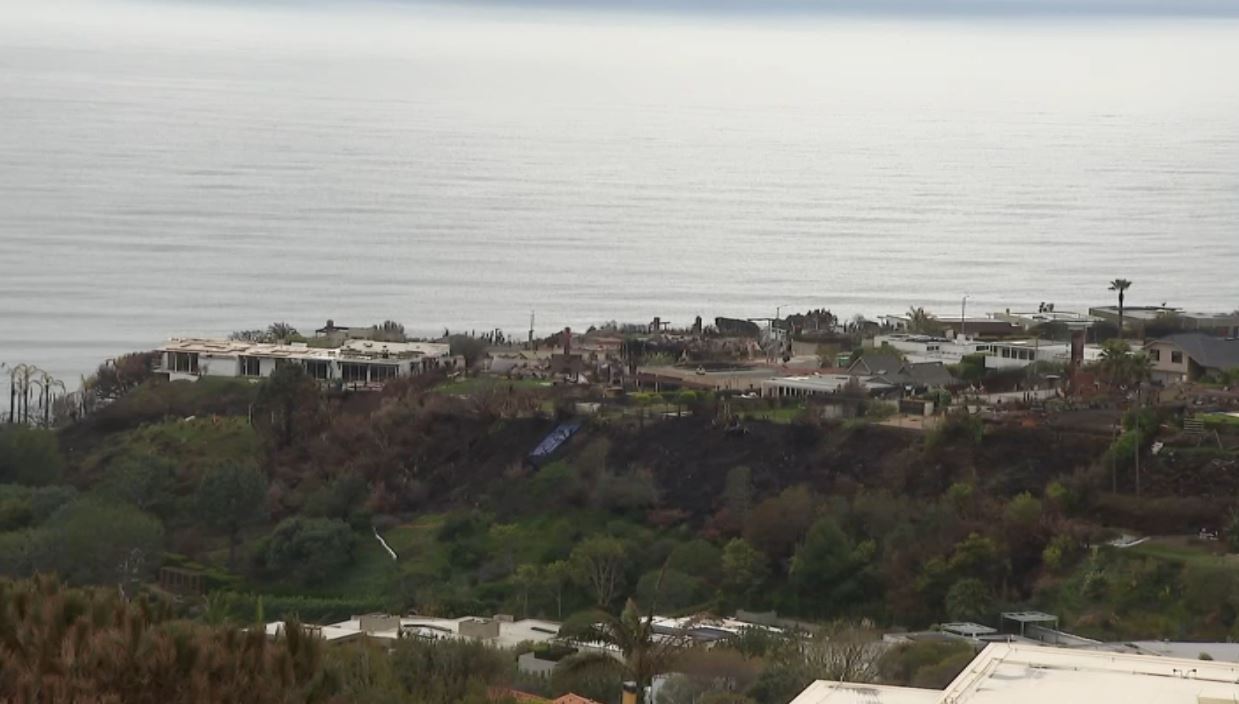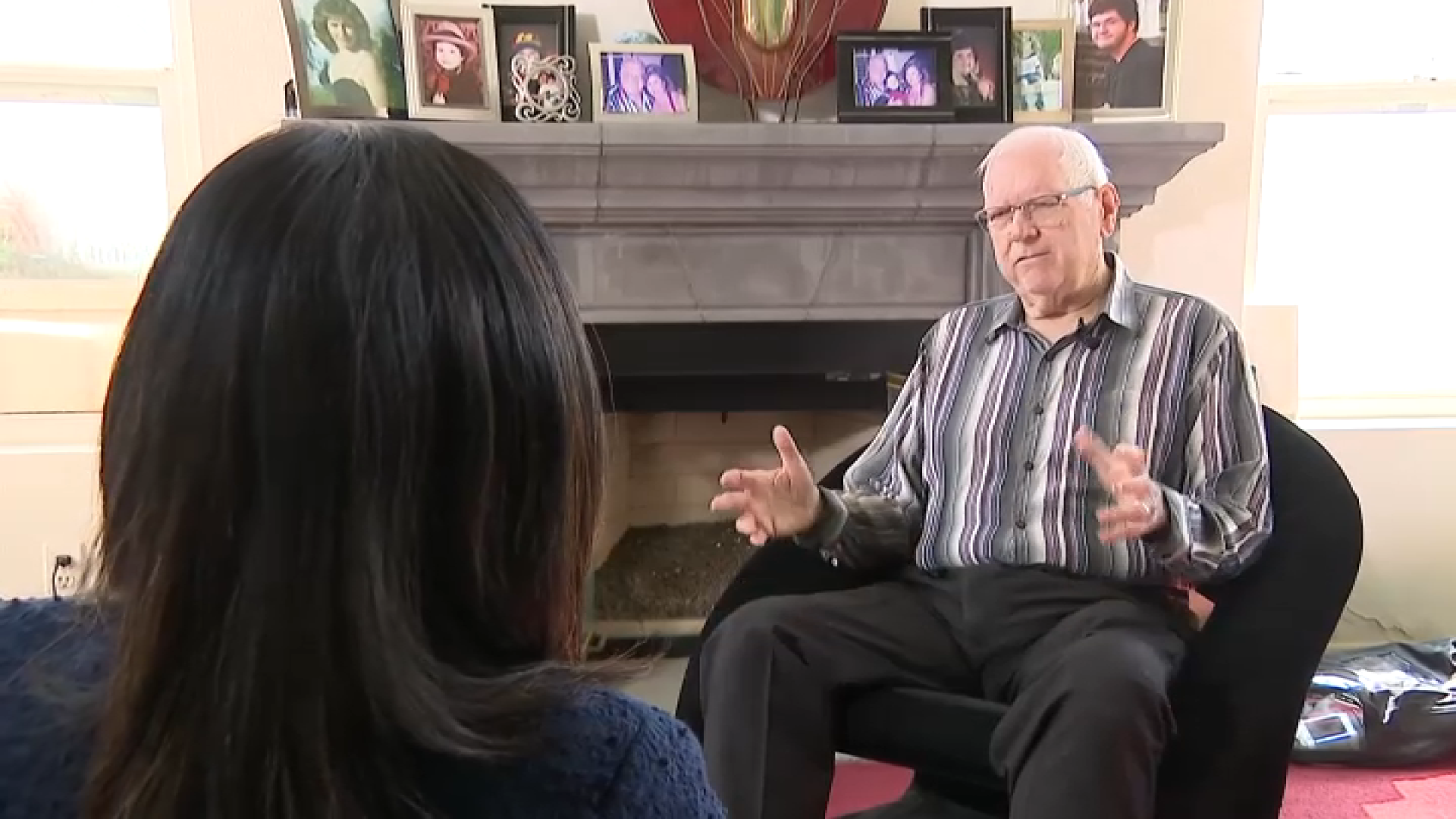Hollywood’s new financial reality is creating more safety hazards on film and TV production sets, entertainment industry insiders tell the NBC4 I-Team. Jenna Susko reports for the NBC4 News at 11 p.m. on Monday, Nov. 21, 2016.
Hollywood's new financial reality is creating more safety hazards on film and TV production sets, entertainment industry insiders tell the NBC4 I-Team.
The number of serious on-set accidents reported to the Occupational Safety and Health Administration (OSHA) has risen in recent years. The increase comes despite the industry's promise to focus anew on safety awareness in the wake of a fatal accident on the set of the independent film "Midnight Rider."
Sarah Jones, a 27-year-old camera assistant, was struck and killed by a train, and eight others were hurt, while shooting a scene on a railroad trestle in Jesup, Georgia on Feb. 20, 2014. Investigators say director-producer Randall Miller set up the shot on the tracks, despite having secured no film permit or permission from the property owner.
"They shouldn't have been there," Elizabeth Jones, Sarah Jones' mother, told the I-Team.
"It's unfathomable that they would do such a thing," added her father, Richard Jones. "Unbelievable."
Miller, along with unit production manager Jay Sedrish and first assistant director Hillary Schwartz, pleaded guilty to trespassing and involuntary manslaughter. However, Miller was the only one of the three to be sentenced to jail, and OSHA fined his production company, Film Allman LLC, $74,900.
Some feel the penalty should have been higher to discourage future risk-taking on film sets.
"OSHA has been undermanned, their resources are limited and in fact their penalties are often scoffed at by wrongdoers," said attorney Jeff Korek, who was not involved in the Sarah Jones trial, but represents family members in another production-related wrongful death case.
An OSHA spokesperson told the I-Team that the agency has no ability to impose higher fines, because the amounts are regulated by Congress. A recent increase — the first since 1990 — went into effect over the summer, mandated by the Federal Civil Penalties Inflation Adjustment Act of 2015. It raises the maximum penalty for willful or repeated safety violations at the workplace from $70,000 to $124,709 — a 78 percent jump, but still considered a modest amount compared to most film and television budgets.
News
Top news of the day
Richard and Elizabeth Jones launched a high-profile safety awareness campaign, safetyforsarah.com, that has received the support of many in the entertainment industry, including celebrities. Still, the number of serious on-set accidents reported to OSHA nearly doubled between 2014 and 2015.
And industry experts say some incidents go unreported.
"Most people don't hear about accidents in film and TV production unless A, there's a fatality, or B, it's a fairly high-profile project," said Chris Palmer, an entertainment risk consultant who's worked on dozens of projects including "X-Men," "Tomorrow Never Dies" and "Sahara."
Palmer helped draft a new set of Hollywood safety standards after the 1982 helicopter accident on the set of "The Twilight Zone Movie," which claimed the lives of actor Vic Morrow and two small children.
"Safety improved dramatically in the 90s," Palmer said. "And most studios are very concerned with safety issues."
Still, new financial pressures are putting the squeeze on production budgets, which can have an impact on safety decisions, according to some industry professionals.
"Twenty years ago you could rely on the video tape revenue, later DVDs, to provide sometimes as much as half the cost of your film," Palmer said. "Home video revenue basically doesn't exist anymore, and overall profitability of average films is not what it used to be."
Concern over lost profits is alleged to have factored into a 2015 plane crash near the South American set of the upcoming Tom Cruise movie "Mena" (since renamed "American Made") that killed pilot Carlos Berl.
A complaint filed in a wrongful death lawsuit claims Berl was allowed to co-pilot an unfamiliar plane, even though he "repeatedly informed" producers "he had insufficient experience."
The complaint further alleges that the film’s producers "compromised safety because the movie was behind schedule and permitted unsafe and rushed flight operations to save money."
"As I understand, they were trying to film as much as possible," Berl's brother, Andres, told the I-Team.
Imagine Entertainment, identified in the complaint as one of the defendants, declined to comment on the case when contacted by the I-Team. Quadrant Pictures, Vendian Entertainment, LLC and Cross Creek Pictures, LLC did not respond to emailed requests for comment.
"These lawsuits unfortunately, until the industry polices itself better, that this is necessary," said Jeff Korek, the attorney representing the Berl family.
Jones' parents settled a civil lawsuit with Miller and several other defendants.. While Miller was released from prison after serving only half of his two-year term, under a court ruling, Miller is "prohibited from serving as director, first assistant director or supervisor with responsibility for safety in any film production."



